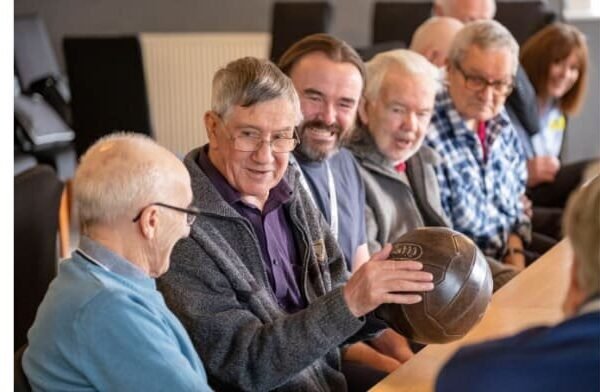People with disabilities are feeling left out of the UK’s sporting Covid recovery, according to charity Activity Alliance.
The national charity canvassed spoke more than 1,800 disabled and non-disabled people for its annual disability and activity survey, and results suggested that there has been slow progress in engaging people with disabilities as restrictions eased across the country.
“Disabled people are being left out as we return to activity,” it said. “[They are] feeling less encouraged to be active … despite eight in 10 wanting to be more so.”
Activity Alliance also found that 78% of those questioned say their impairment prevents them from being active, often related to fear of health and safety issues and a lack of awareness of suitable activities, and just 31% think sport is for “someone like me”.
When asked what support they require in order to be more active, 34% of disabled people surveyed highlighted financial needs, 33% said things needed to be put in place to improve their mental health and 32% cited a need for better facilities and environments. Respondents also spoke of facilities remaining unopened since closing during the Covid pandemic, increasing expense, a lack of confidence in asking for help or feeling less of a priority for sports providers as barriers to activity.
One participant said of his experience: “Whenever I am thinking about it or taking part in activity, the first thing I am going to consider is, am I going to enjoy it? This is followed by: Can I physically get there? And also how much is it going to cost? Particularly at the moment, most people are worried about increasing prices, so if it is an expensive activity then I’m probably going to say no, I just can’t do it.”
Tim Hollingsworth, Sport England’s chief executive, said: “This report is an important and salutary reminder of the work still to do when it comes to making sport and physical activity genuinely welcoming and inclusive for all disabled people.
“I would urge all organisations in the sector to reflect on the report and its recommendations as part of a collective effort to break down the barriers to inclusion for disabled people.”
Sam Orde, chair of Activity Alliance, added: “We must double our efforts and prioritise disabled people in the recovery. Whether this is through opportunities, strategy, or investment, we need leaders to play their part and drive change through their work.”
The OSS is conducting research into barriers to activity among people with disabilities in Scotland in conjunction with the University of the West of Scotland. If you would like to take part in this research, please contact OSS Research Officer Ryan Brown – ryan@oss.scot.






Thought Piece from Charlie Raeburn for Reform Scotland